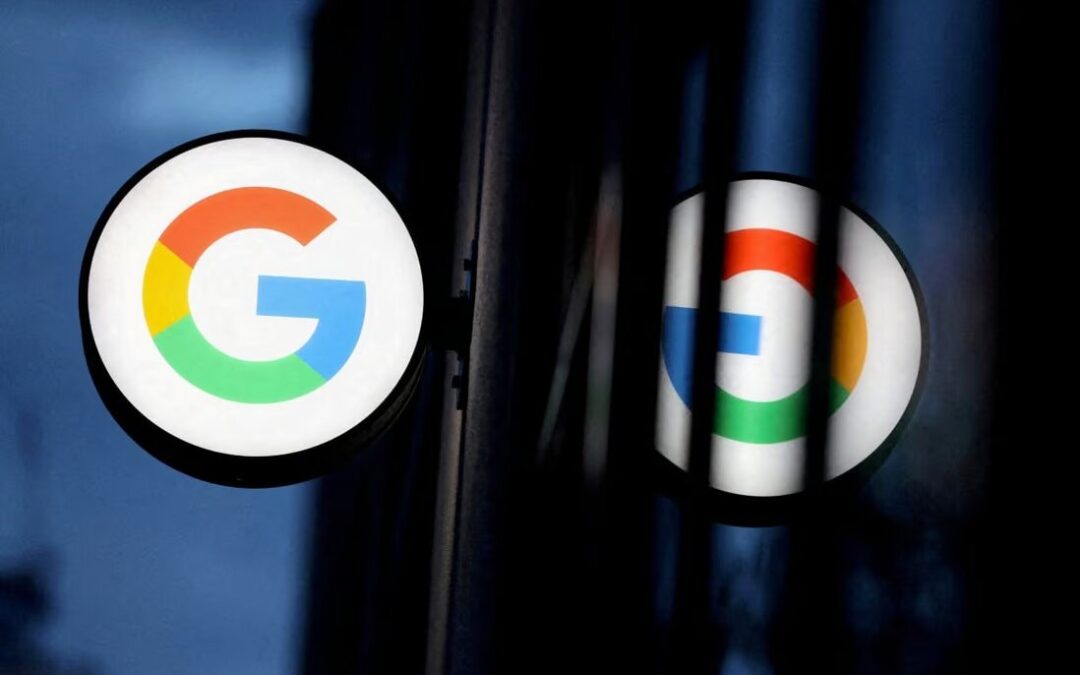Google has recently launched a new language model called Bard, which is being considered the company’s answer to OpenAI’s ChatGPT. The launch of Bard is seen as a significant development in the field of AI language processing and is expected to challenge the dominance of ChatGPT in the market.
Bard is a transformer-based language model that has been trained on a diverse range of internet text and is capable of generating human-like text with remarkable coherence and consistency. The model has been developed by Google’s AI team, and it promises to deliver state-of-the-art performance in various NLP tasks such as text completion, question answering, and language translation.
One of the standout features of Bard is its ability to generate text that is not only grammatically correct but also semantically meaningful. The model has been designed to capture the context of the input text and generate output that is consistent with the given context. This makes Bard particularly useful for applications such as chatbots, which require the generation of coherent and contextually relevant responses.
Another key aspect of Bard is its ability to generate text in a wide range of styles and tones. The model has been trained on a diverse range of internet text, which includes not only news articles and scientific papers but also social media posts and fiction. This has enabled Bard to generate text in a variety of styles, from informative and serious to humorous and lighthearted.
In terms of performance, Bard is expected to rival or even surpass ChatGPT in many NLP tasks. The model has been trained on a much larger corpus of text compared to ChatGPT, which has allowed it to learn a more comprehensive representation of language. This, combined with the advanced architecture of the model, makes Bard a strong contender in the field of AI language processing.
Conclusion
The launch of Bard by Google is a significant development in the field of AI language processing. The model promises to deliver state-of-the-art performance in various NLP tasks and has the potential to challenge the dominance of ChatGPT in the market. With its ability to generate coherent and contextually relevant text in a wide range of styles, Bard is poised to become a popular choice for a variety of NLP applications.






